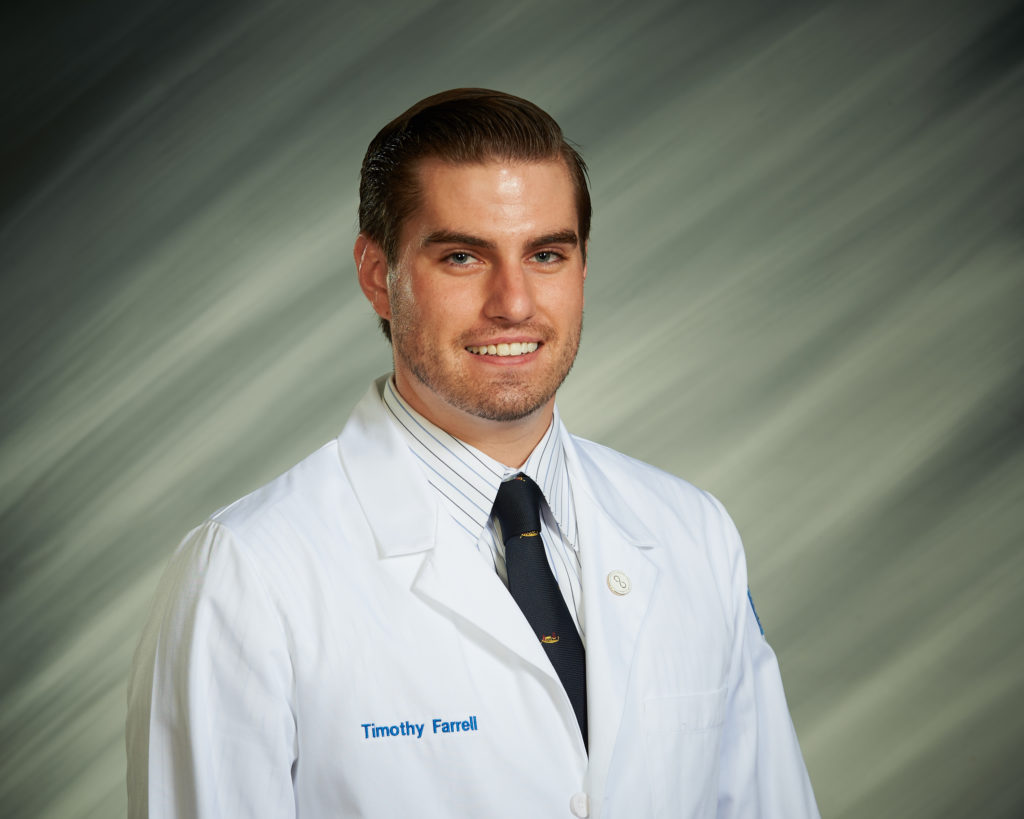
Difficulty sleeping during the COVID-19 quarantine has become a common problem and can be manifested in a variety of ways; insomnia, fragmented sleep and nightmares. National prescription providers have reported a 21% increase in anti-insomnia, anti-anxiety and antidepressant medications since March of 2020. The past two weeks in Health & Exercise Forum” have been dedicated to sleep wellness.
We discussed the importance of sleep for health and wellness. Sleep is crucial to us as a species, but it is not always easily attained. For many individuals across the globe, sleeping properly can be a challenge. The trial and tribulations of the human experience can lead to restless nights and early morning risings without adequate sleep. This week, we will discuss how lack of quality or quantity of sleep can impact our lives in many ways and make suggestions to improve your sleep hygiene.
Although it may be tempting to sleep in on weekends after a long week of classes, some studies report that this habit results in a smaller volume of the gray matter of the brain in adolescents. Also, in this report, students who altered their sleep pattern on weekends had a lower grade average than those who did not. Therefore, it seems that it is not only important to maintain an average healthy average amount of sleep each night, but also to stay consistent with the hours that you are asleep.
There are many studies that have linked unhealthy sleep patterns to obesity. Inadequate sleep causes irregular levels of the hormones that are responsible for telling our brains when we need to eat. Therefore, this hormone imbalance can lead to obesity and thus make us vulnerable to the dangerous effects dramatically increased body fat.
A healthy sleep schedule has been shown to reduce the risk of heart disease and stroke, which are two of the leading causes of death in the United States. For example, interruptions in sleep due to disorders like sleep apnea have been shown to be a risk factor for stroke and that persistent tiredness often preceded heart disease.
Whether you are a high school or collegiate athlete, or simply enjoy some daily exercise, a healthy sleep schedule can help maximize performance. It is worth noting that it is possible that athletes require different sleep patterns than the general population to reach peak performance. Moreover, it has been shown that sleep loss is linked to a decreased ability in athletes to store sugar in the muscle to use as energy during a workout.
Needless to say, there are a plethora of things that can negatively impact our sleep. Even one night of poor sleep can drastically impact our performance and ability to concentrate the following day. So how do we combat this? There are several simple habits that can improve sleep hygiene and increase the likelihood of getting a good night’s sleep.
There are thousands of other resources that can help us achieve a great night’s sleep. Apps like “Calm” and “Headspace” have guided meditations and relaxation techniques to help us unwind before bed. More useful information about healthy sleep and why it is important can be found on Harvard Medical School’s Healthy Sleep website. And there are hundreds of thousands of YouTube videos with relaxation techniques and informative healthy sleep videos to be discovered. If these interventions do not improve your sleep, talk to your primary care doctor and see which next steps are right for you.
Sleeping well is not always easy and there will undoubtedly be nights on which rest eludes us despite our best efforts. But with consistent healthy sleep habits, we will be on our way to a healthier and better tomorrow.
For More Informations:
-http://healthysleep.med.harvard.edu/healthy/
-https://jamanetwork.com/journals/jamainternalmedicine/fullarticle/2110998
-https://www.sciencedirect.com/topics/medicine-and-dentistry/insomnia

Timothy Farrell, MD3
Tim Farrell is a third year medical student at Geisinger Commonwealth School of Medicine. Originally from Clarks Summit, Pennsylvania, Tim received his bachelor’s degree from Loyola University Maryland in Baltimore, MD. Currently a 2nd Lieutenant in the US Army, he enjoys listening to music, running, and spending time with his two dogs. He volunteers with the Cody Barrasse Foundation in the Organ Transplant Assistance Program, where he helps patients receive grant funding as they await their transplant surgery. He hopes to pursue a career in General Surgery.
This article is not intended as a substitute for medical treatment. If you have questions related to your medical condition, please contact your family physician. For further inquires related to this topic email: drpmackarey@msn.com
Paul J. Mackarey PT, DHSc, OCS is a Doctor in Health Sciences specializing in orthopaedic and sports physical therapy. Dr. Mackarey is in private practice and is an associate professor of clinical medicine at Geisinger Commonwealth School of Medicine.